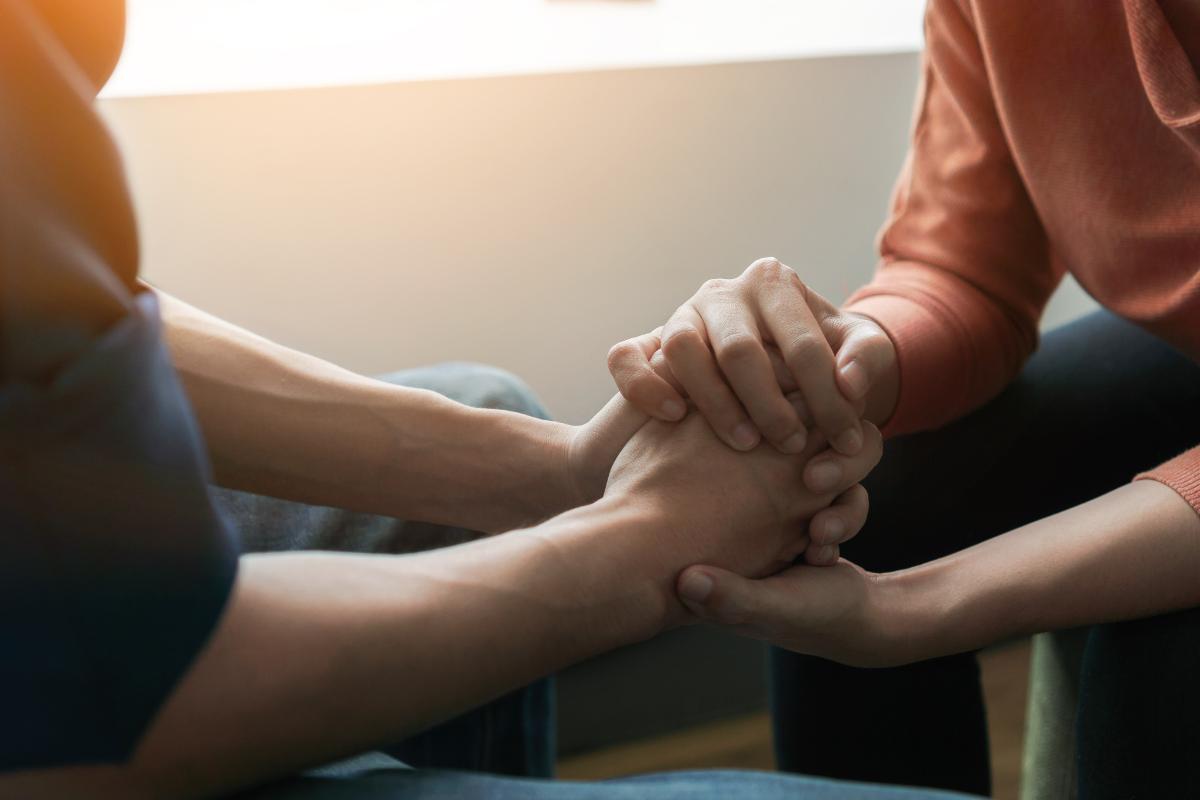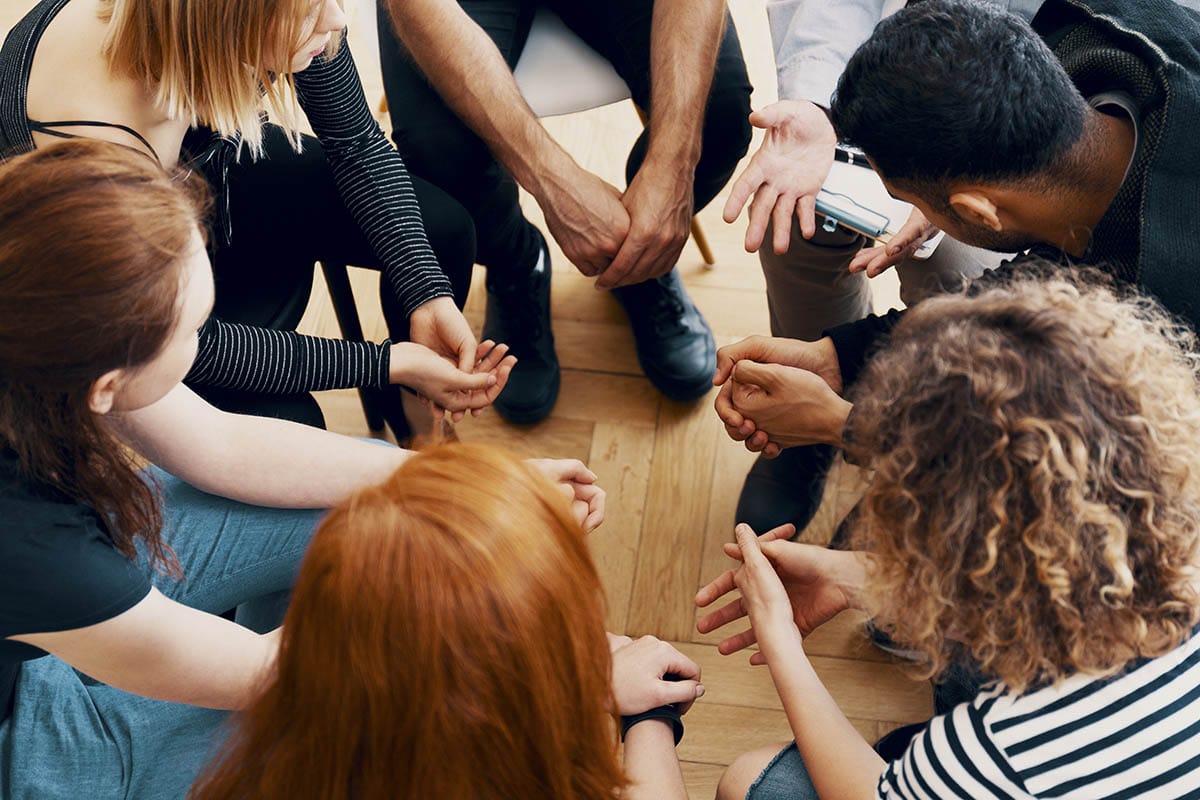[vc_row][vc_column][vc_column_text]
STEP ONE
“We admitted we were powerless over our addiction – that our lives had become unmanageable.”
What does the word ‘powerless’ mean to you? What images or feelings does it conjure up? In my experience, it often brings about associations of weakness, inadequacy, and incapability. For those of us familiar with Greek mythology, perhaps you think of Sisyphus’ powerlessness in his eternal struggle of pushing the boulder up the hill, only for it to roll down every time that he approached the top of the hill. He was a prisoner to this task and, as such, the ensuing feelings of weakness, inadequacy, and incapability that came with it. That is exactly why Zeus punished Sisyphus with this hopeless task. Well, what if Sisyphus had realized and accepted his own powerlessness in this task? What if he accepted the hopelessness in getting the boulder to the top of the hill? How might that have changed things for him?
In step one of the twelve-step program, we are asked to admit a powerlessness over our substance or behavior, recognizing that our lives are currently ungovernable. Given the aforementioned associations to ‘powerlessness’, it is entirely understandable to respond to this step with resistance. Perhaps we think we can simply work harder to control our use. Or perhaps we deny the extent to which the substance or behavior influences our lives. (How many times have you said or heard the phrase: “I could stop my use if I really wanted to”?)
When we feel powerless, there is a natural and instinctual drive to tighten our grip, clamp down, and attempt to secure power and control. However, step one contends that, paradoxically, there is a certain power in admitting our powerlessness; that we are granted a hope in admitting our hopelessness. In recognizing our inability to control our use, we actually form a solid bedrock and foundation for working towards happy, fulfilling, and meaningful lives. In recognizing and accepting our own limitations, only then do we enable ourselves to look beyond our own beliefs. Only then do we open our minds to different ways of thinking. Only then are we truly willing to listen. Only then are we truly willing to try something different. Only then are we truly willing to change.
By Jonathan Fricke, MA[/vc_column_text][/vc_column][/vc_row]


















